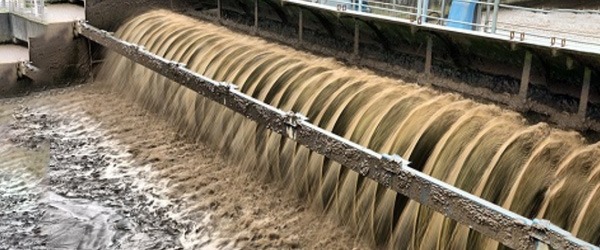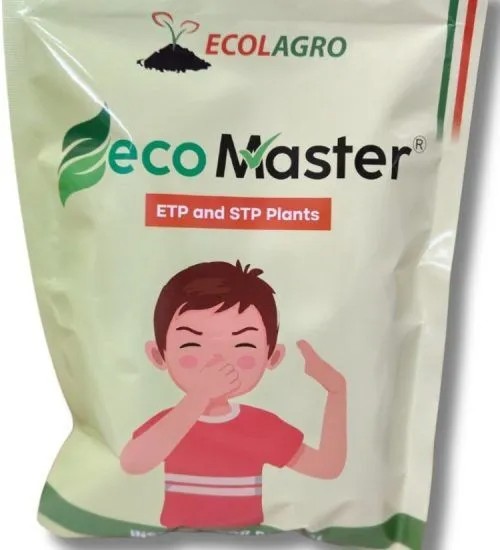India's leading ETP and STP Plant Manufacturer | EcolAgro
EcolAgro, India's leading ETP and STP plant manufacturer, has recently unveiled its latest development in reverse bacterial culture. This advanced technique is capable of rapidly purifying wastewater, thereby significantly reducing the need for costly and lengthy traditional water treatment processes.
Reverse bacterial culture, also known as reverse microbiology or reverse microbial genomics, is a technique used to identify and characterize microorganisms present in a sample. It involves sequencing the DNA or RNA of the microorganisms and then using bioinformatic tools to identify the species and study their genetic makeup. In the context of ETP and STP plant manufacturing, reverse bacterial culture may have potential applications in the treatment of industrial wastewater, where certain bacteria can degrade or remove specific contaminants or pollutants. It may also have applications in the production of biofuels or bioplastics, where bacteria can be engineered to produce these compounds in a more efficient or sustainable way.
The technique has many applications in the fields of microbiology, biotechnology, and environmental science. For example, it can be used to identify pathogenic microorganisms in food, water, or other samples, or to study the microbiota present in different environments such as soil or the human gut.
In the context of ETP and STP plants, reverse bacterial culture may be used to study the microorganisms present in wastewater and identify the most effective treatment methods to remove pollutants and contaminants. This can lead to the development of more efficient and cost-effective wastewater treatment systems.
It is worth noting that reverse bacterial culture is a complex and specialized technique that requires expertise in both microbiology and bioinformatics.
The new process uses a combination of biological and chemical treatments to quickly eliminate harmful contaminants from industrial effluents. It involves a three-step approach that utilizes anaerobic digestion, followed by activated carbon filtration and finally disinfection with UV light or ozone.
This unique method is proven to effectively remove heavy metals, organic matter, hydrocarbons and suspended solids from wastewater streams. It can also be adapted to reduce nutrients like nitrogen and phosphorus that can cause eutrophication in aquatic ecosystems.
A reliable and effective wastewater treatment plan (ETP) or sewage treatment plant (STP) is a crucial component of any modern industrial or commercial facility. It is essential to ensure that the standards and guidelines set out by government agencies are met in order to meet compliance requirements. The concentration of imbalanced bacteria can be reduced with the implementation of an appropriate ETP/STP system, ensuring that the environment remains safe for humans and wildlife alike.
With these latest guidelines and standards in place, it is important for ETP/STP plant manufacturers to make sure their products meet these necessary criteria. Not only does this ensure compliance but also helps guarantee that hazardous substances are removed from the water before it is discharged into nearby bodies of water.
By monitoring the concentration of imbalanced bacteria, plant operators can be sure that their plants are running efficiently and at optimal levels.
As an ETP plant manufacturer in India, it is essential to ensure that the culture of bacteria found within the plant is balanced and maintained. An unbalanced bacterial culture can lead to an increase of odour-emitting bacteria in comparison to the other types of bacteria present, leading to foul smells emerging from the ETP Plant.
The consequences of having an unbalanced bacterial culture can be dire for many reasons. Odour-emitting bacteria are more difficult and costly to control, making them a hassle for any ETP manufacturer in India. Having too much odour-emitting bacteria can result in a greater amount of air pollution being emitted from the plant, causing harm both locally and globally if not controlled properly.



Comments
Post a Comment